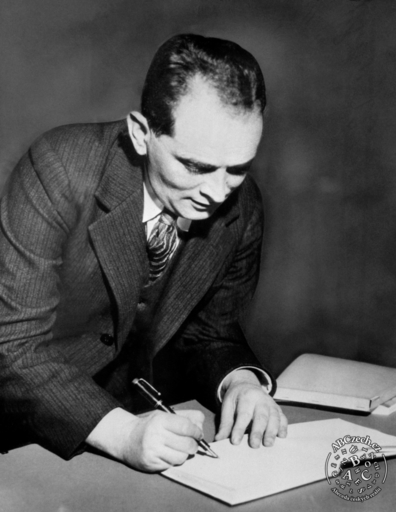
Czech writer, humourist, journalist and film director of Jewish descent. He belonged to the authors of the “Lidové noviny school”, who used a documentary and journalistic approach in their works.
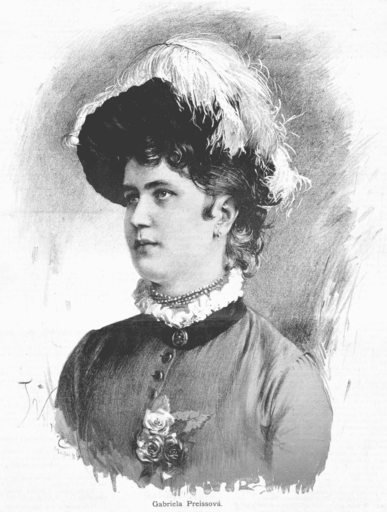
Dramatist, writer, dramaturg of the National Theatre. The operatic version by the composer Leoš Janáček of the original realist drama Její pastorkyňa brought her work worldwide fame.
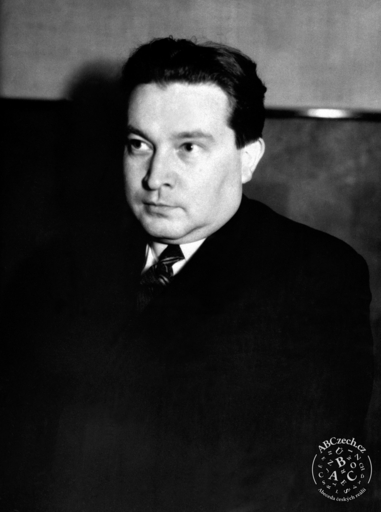
Poet, writer, journalist, translator, winner of the Nobel Prize in Literature (1984) and a leading representative of Czech avant-garde. He was one of the founders of Poetism. He had a complicated relationship with the communist regime. He was one of the signatories of Charter 77.
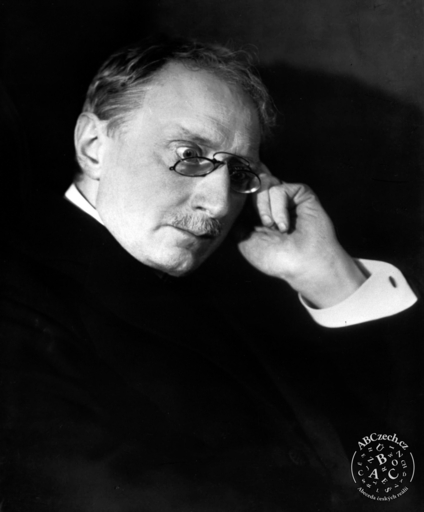
Czech poet and prose writer, whose multiple talent allowed him to combine in his works a wide range of styles that were used in the Czech cultural environment from 1890s until the First World War.
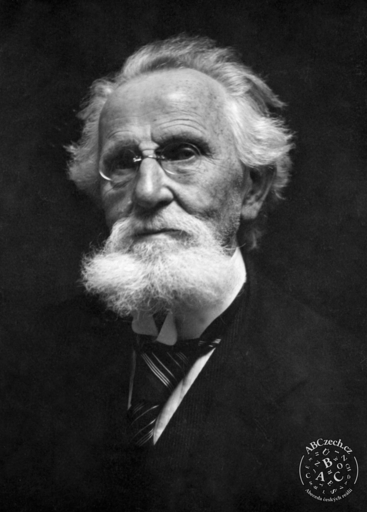
Writer, publicist, translator and lawyer. His work reflects the development of Czech literature from the late Romanticism of the May School to the inter-war Social Realism.
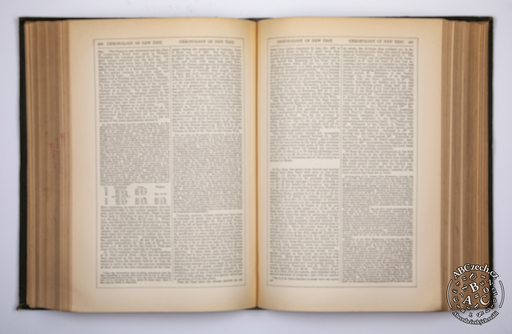
Czech fine arts and literary association of the second generation of Czech symbolists active between 1910 and 1912, whose members were interested in man’s inner condition, were influenced by occultism and magic and tried to capture higher consciousness.
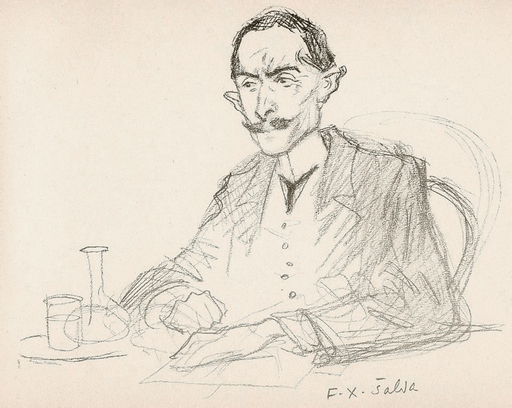
Literary, theatre and art critic, essayist, writer and dramatist, a leading figure of Czech Modernism. He advocated the independence of art from non-aesthetic connections and the idea of criticism as a creative activity.
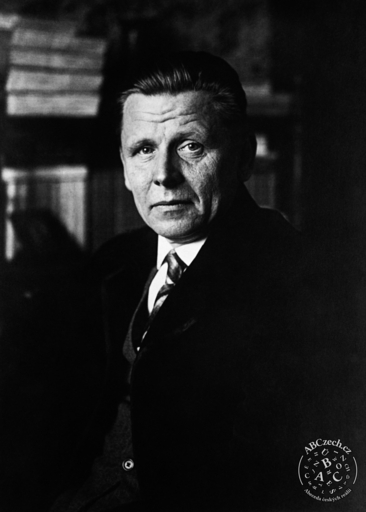
Poet, prose and drama writer and publicist who had a great influence on the development of Czech literature in early 20th century. He is one of the founders of modern Czech poetic language.
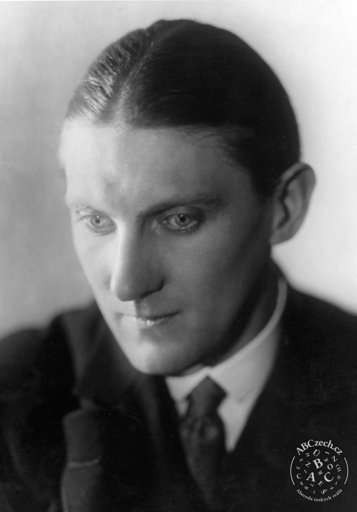
Painter and graphic artist, the most important representative of interwar avant-garde and Surrealism in Czech culture, co-founder of surrealist groups and of Artificialism (together with Toyen). He also worked as a photographer.
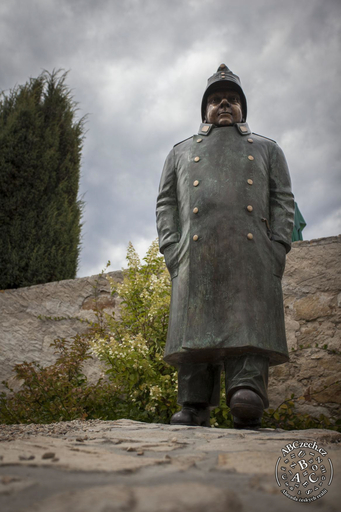
Fictive character from Jaroslav Hašek’s works, especially from the four-part novel The Good Soldier Švejk (Osudy dobrého vojáka Švejka, 1921–1923), which became a part of Czech literary tradition. The most famous visual representation of Švejk was created by the illustrator Josef Lada.
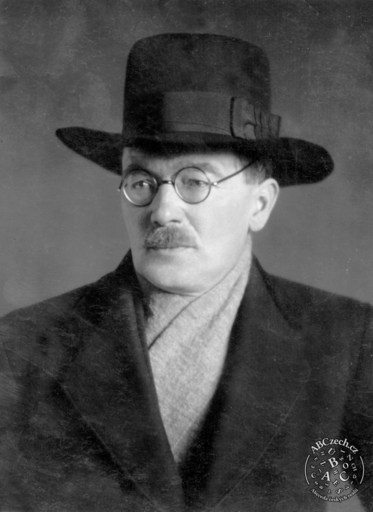
Poet, journalist and translator, preeminent representative of the post-symbolistic generation of poets. Rejected the security of a bourgeois life in favour of artistic independence.
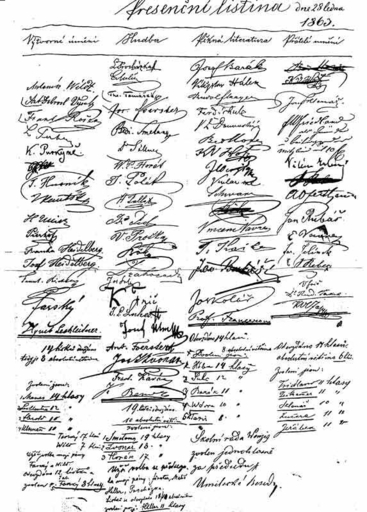
The first Czech art society, in which writers, fine artists and musicians could meet from the 1860s.
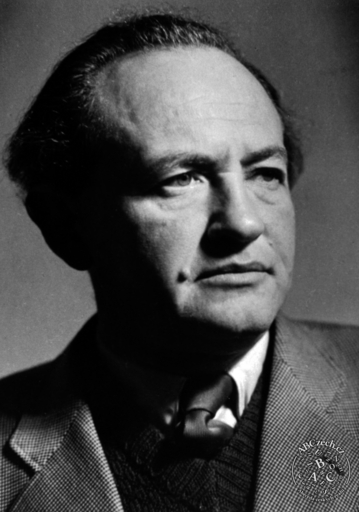
Prose writer, poet and screenwriter, who became known for his psychological novels about power and its abuse, but ended his career as the author of the best known 1950s Czechoslovak socialist realist novels.
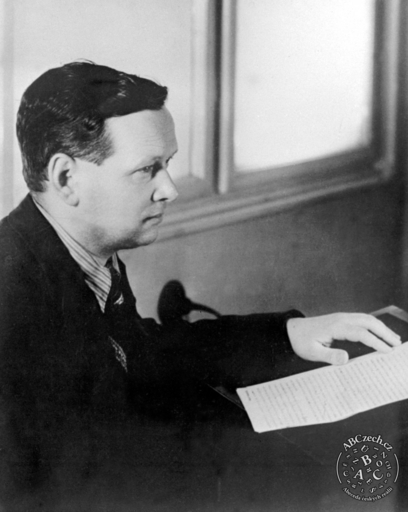
Literary and theatre critic and theoretician, Marxist aesthetician, member of the Devětsil group and one of the ideologues of Czech Socialist Realism. He was one of the leading representatives of the Czechoslovak left in literary theory.
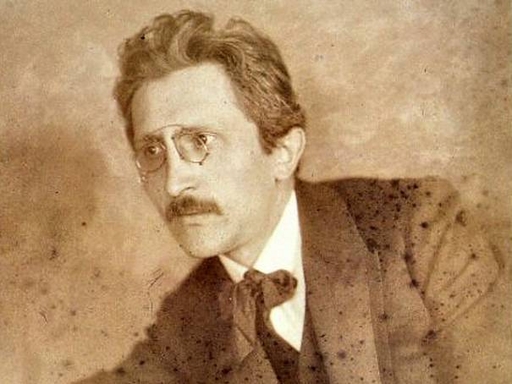
Painter, graphic artist and writer, also a sculptor and engraver, a talented drawer, illustrator and typographer, who created original types and invented new graphic methods.
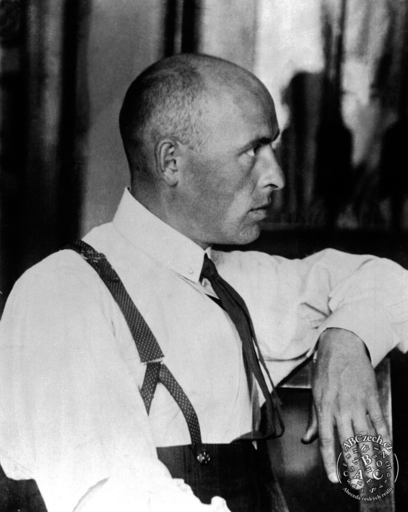
Writer, dramatist, film director. He was one of the founding members of the avant-garde group Devětsil. His writing is characterised primarily by intense visual and stylistic imagery.
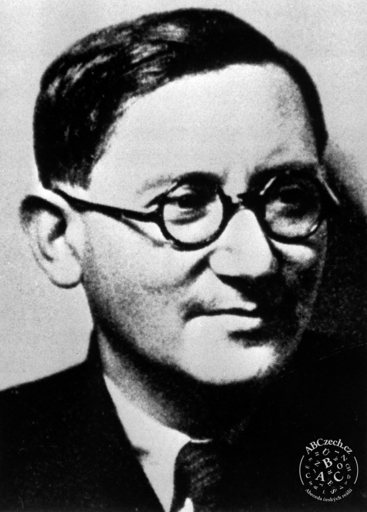
Prose writer, journalist and translator whose works focus primarily on the relationship between individual and totalitarian power, especially during the Second World War.
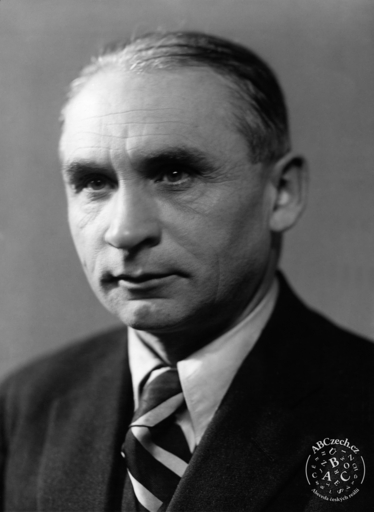
Prose writer whose works are on the border between psychological and fantastic literature. He is often mentioned as one of the founders of Czech science fiction.
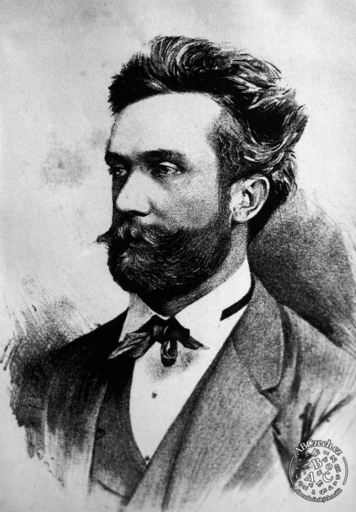
Prose writer and historian, one of the founders of Czech cultural history. In his works he focused on depicting conflicts set against historical background.
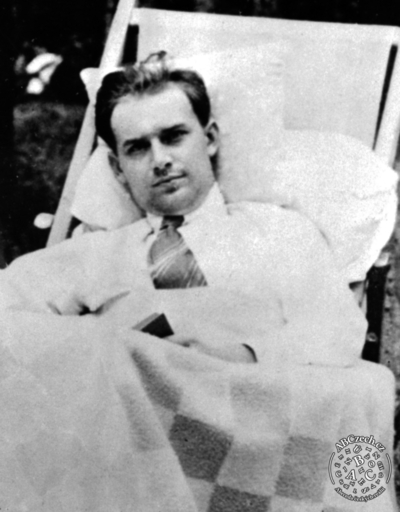
Poet, prose writer, translator and publicist, leading representative of the so-called proletarian poetry and the interwar generation generally.
2016-2020 ABCzech.cz - © Filozofická fakulta Univerzity Karlovy
Content from this website may be used without permission only for personal and non-commercial purposes and with the source cited. Any other use is allowed only with the authors' consent.
This web application Sonic.cgi meets GDPR requirements. Current information can be found here.